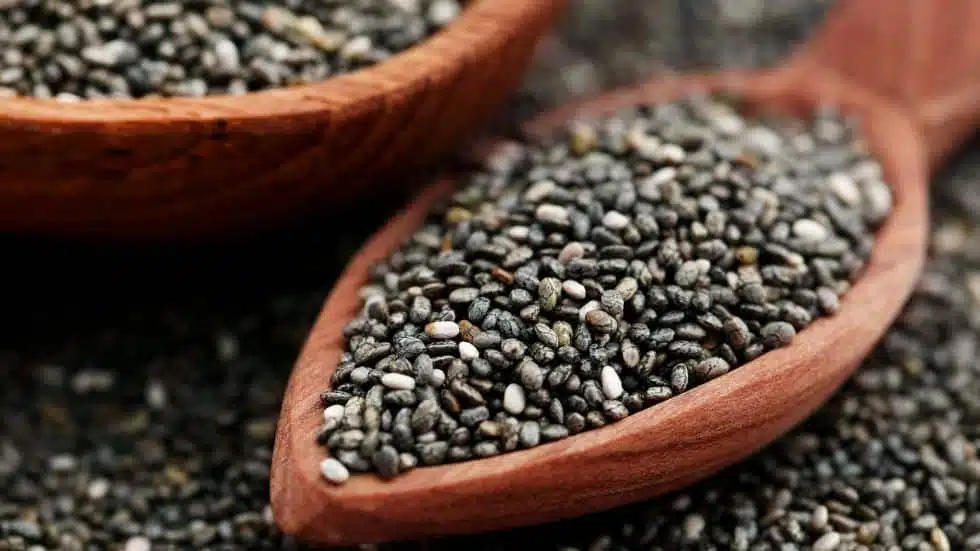Plant-based protein has gained significant attention in recent years as an excellent alternative to animal-based protein sources. As more individuals adopt vegetarian and vegan diets or simply seek to reduce their meat consumption, the demand for plant-based protein options has skyrocketed. This article aims to delve into the world of plant-based protein, exploring 20 nutrient-rich sources that can help meet your dietary needs.
Understanding the Importance of Protein
Protein is an essential macronutrient vital for the growth, repair, and maintenance of tissues within our bodies. It plays a crucial role in supporting muscle development, boosting metabolism, and facilitating the production of enzymes and hormones. Plant-based protein offers a wealth of benefits, including lower levels of saturated fats, cholesterol, and higher fiber content.
Top 20 Plant-Based Protein Sources
- Lentils: These legumes are packed with nutrients and offer around 9 grams of protein per half-cup serving.
- Quinoa: A complete protein, quinoa provides all nine essential amino acids and is gluten-free.
- Chia Seeds: These tiny seeds are a powerhouse of protein, fiber, omega-3 fatty acids, and antioxidants.
- Hemp Seeds: Rich in protein, omega-3 fatty acids, and minerals, hemp seeds are a versatile addition to any diet.
- Almonds: Offering a combination of protein, healthy fats, and fiber, almonds are a convenient and nutritious snack.
- Spirulina: This blue-green algae is considered one of the most protein-dense plant foods, containing all essential amino acids.
- Tempeh: Made from fermented soybeans, tempeh is a concentrated source of protein, fiber, and probiotics.
- Edamame: Young soybeans, or edamame, are a great source of protein, fiber, and various vitamins and minerals.
- Chickpeas: Versatile and nutrient-rich, chickpeas are an excellent source of protein, fiber, and carbohydrates.
- Black Beans: These legumes are not only an excellent source of protein but also provide a rich array of vitamins and minerals.
The Benefits of Plant-Based Protein
- Reduced Risk of Chronic Diseases: Consuming plant-based protein has been linked to a lower risk of heart disease, diabetes, and certain types of cancer.
- Increased Fiber Intake: Plant-based proteins are often accompanied by high fiber content, aiding in digestion and promoting gut health.
- Sustainable and Environmentally Friendly: Plant-based proteins have a significantly smaller environmental footprint compared to animal-based proteins.
Incorporating Plant-Based Protein into Your Diet
- Experiment with Recipes: Explore various plant-based protein sources and experiment with recipes to find your favorites.
- Plan Balanced Meals: Ensure a well-rounded diet by incorporating a variety of plant-based proteins alongside other essential nutrients.
- Consider Protein Combinations: Complement incomplete plant-based proteins by combining different sources to obtain all essential amino acids.
Read More : How to Grow and Care for Ice Plants
Conclusion
Plant-based protein offers a wealth of health benefits, making it an excellent choice for individuals seeking to embrace a more sustainable and nutritious lifestyle. With the abundance of nutrient-rich options available, you can effortlessly meet your protein needs while also enjoying the advantages of a plant-based diet. By incorporating these 20 plant-based protein sources into your meals, you can embark on a journey towards a healthier and more environmentally friendly future.





